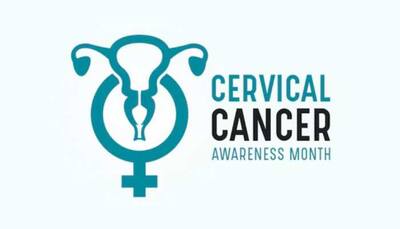If you notice any signs or it’s time for a check-up, talk to your doctor. By acting early and focusing on prevention, we can build a future where no woman has to worry about cervical cancer. Take control of your health now, and inspire the women around you to do the same.
Cervical cancer is still a major health problem for women in India, causing more than 77,000 deaths every year. This type of cancer starts in the cervix, which is the lower part of the uterus that connects to the vagina. While it can be very dangerous, cervical cancer can often be prevented and treated, especially if it is detected early.
In this article, let's discuss the symptoms, risk factors, and prevention strategies to help you stay informed and protect your health as shared by Dr. Preeti Shukla, Senior Consultant - Obstetrics and Gynaecology. MBBS, DNB (Obs & Gynae), FMAS, DMAS at Paras Health, Kanpur.
What is Cervical Cancer? Cervical cancer happens when unusual cells in the cervix start growing out of control. Most of the time, it is connected to specific types of the human papillomavirus (HPV), which is a common infection spread through sexual contact. While many HPV infections go away by themselves, some dangerous types can cause changes in cells that may turn into cancer if not treated.
Recognizing the Symptoms Early symptoms of cervical cancer are often subtle, making regular health check-ups vital. Here’s what to watch for: • Unusual bleeding: Spotting between periods, after sexual activi.































